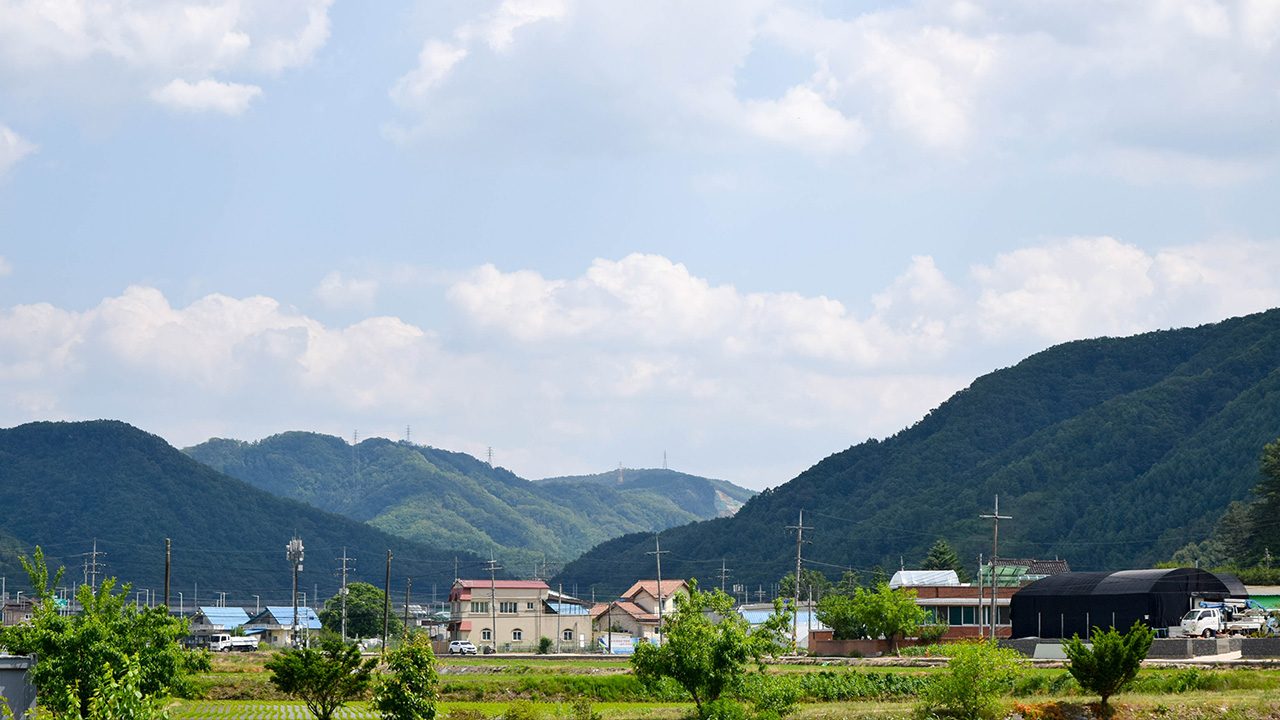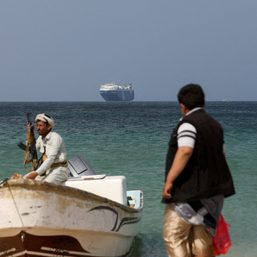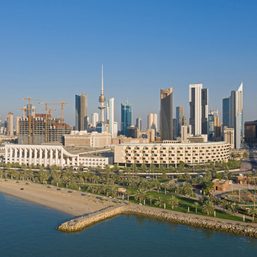SUMMARY
This is AI generated summarization, which may have errors. For context, always refer to the full article.

MANILA, Philippines – The Department of Migrant Workers (DMW) and the Department of the Interior and Local Government (DILG) are looking to sign a joint circular that would require Filipino seasonal agricultural workers in a local government unit (LGU) program to go through the processes of the DMW for their deployment.
In a press briefing on Friday, November 17, DMW Officer-in-Charge Hans Cacdac said the department had received around 40 labor-related complaints from overseas Filipino workers (OFWs) deployed to South Korea under the LGU-to-LGU Seasonal Worker Program, which is currently under the DILG’s jurisdiction.
Under this program, according to the Korean immigration website, several LGUs in the Philippines coordinate with their counterparts in South Korea for the deployment of agricultural workers for short periods “to address chronic labor shortages during the busy farming and fishing season.”
“So ang gusto namin mangyari – nakikipag-usap tayo, nagpapasalamat tayo kay Secretary Benhur [Abalos] – na magkaroon ng joint DILG and DMW circular on this matter…. The bottom line here is gusto natin ‘yung seasonal farm workers in Korea dumaan sa DMW,” said Cacdac.
(What we want to happen – we’re speaking to and thankful for Secretary Benhur – is to have a joint DILG and DMW circular on this matter. The bottom line here is we want the seasonal farm workers in Korea to go through the DMW.)
The DMW is not looking to stop coordination between the LGUs, but just to become involved in the monitoring of OFWs’ labor conditions through vetting of contracts, for instance.
Cacdac said they hope to have the joint memo by the end of 2023.
Reports of abuse, maltreatment
On September 22, in the DILG’s 2024 budget hearing at the House plenary, OFW Representative Marissa Magsino sounded the alarm over the issue of alleged maltreatment, illegal recruitment, and human trafficking of OFWs in the seasonal workers program with South Korea.
Magsino said her office received reports of sporadic provision of decent meals, lack of lodging facilities, and excessive work schedules of up to 21 hours.
“Ang sabi po nila…na ang mga Pilipino ang ginagawang araro ng lupa. ‘Di ba po napakasakit nito, na matatanggap ba natin na ang ating kapwa Pilipino na gusto lang magtrabaho sa abroad, sila na pala ang ginagawang farming [tools] sa lupa ng pinagpuntahan po na state host country?” said Magsino.
(They said that the Filipinos are the ones plowing the land. Isn’t it painful to hear, would we be able to accept that our fellow Filipinos who only want to work abroad are being treated like farming tools in the lands of their host country?)
In the Philippines, even poor farmers make use of carabaos to plow land – a physically demanding task. Commercial farming involves highly mechanized plowing tools.
Nueva Vizcaya Representative Luisa Lloren Cuaresma, the DILG budget sponsor, said the department is aware of these complaints, and that they had drafted at least two memoranda reminding LGUs in the program to properly coordinate with the DMW and the Department of Foreign Affairs.
Magsino had called for the DILG to conduct an investigation into the complaints. – Rappler.com
Add a comment
How does this make you feel?



















There are no comments yet. Add your comment to start the conversation.